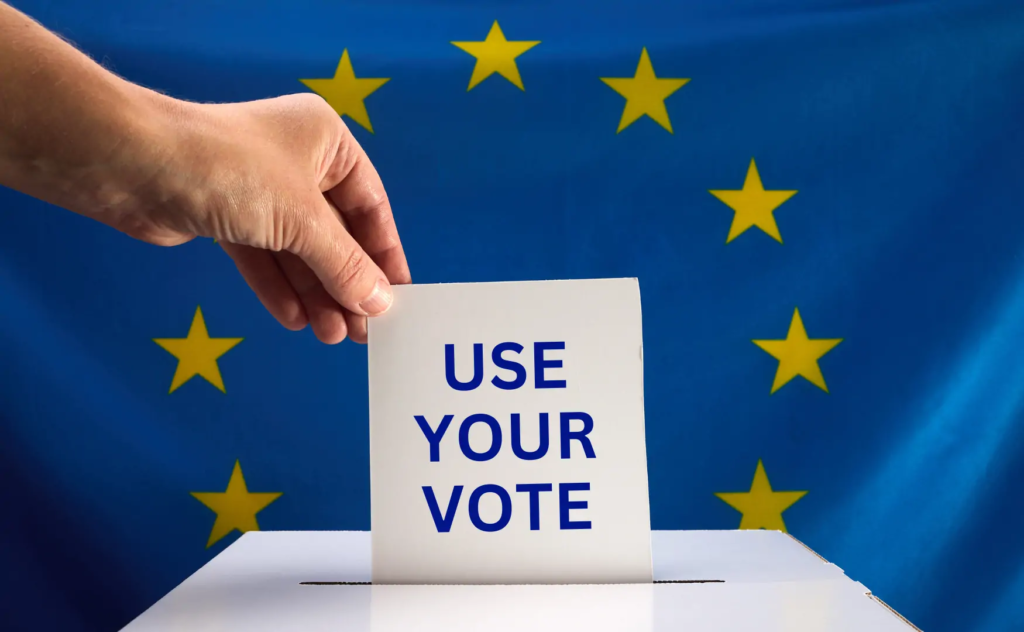Navigating Europe’s Crossroads: Key Issues Shaping the EU Elections
The approaching European Union elections are not merely a procedural exercise; they represent a critical juncture in the continent’s political landscape, a moment where the collective voice of millions will shape the future direction of the Union. These elections, held every five years, are a barometer of public sentiment, reflecting the complex interplay of national interests and pan-European aspirations. As the campaign intensifies, several key issues are dominating the discourse, each carrying the potential to reshape the political fabric of the EU and its role on the global stage.

The Fractured Union: Migration and Border Security
One of the most prominent issues is the ongoing debate surrounding migration and border security. The influx of migrants and refugees in recent years has ignited passionate debates across member states, exposing deep divisions over national sovereignty, humanitarian obligations, and the integration of diverse populations. Right-wing populist parties have seized upon these anxieties, advocating for stricter border controls and a more restrictive approach to immigration. Mainstream parties, meanwhile, are grappling with the challenge of balancing security concerns with the EU’s commitment to human rights and international law. The elections will serve as a crucial test of public opinion on these contentious issues, potentially leading to significant shifts in EU migration policy.
Economic Uncertainties: Shaping the Future of the European Market
Another key issue is the future of the European economy. The EU is facing a complex set of economic challenges, including sluggish growth, rising inflation, and the lingering effects of the COVID-19 pandemic. The elections will provide a platform for competing visions on how to address these challenges, with debates focusing on fiscal policy, investment strategies, and the regulation of the digital economy. The rise of economic nationalism, fueled by concerns about globalization and job security, is also a significant factor in the campaign. The outcome of the elections will have far-reaching implications for the EU’s economic competitiveness and its ability to navigate the challenges of the 21st century.
The Green Transition: Climate Change and Political Will
Climate change is also a pivotal issue, particularly for younger voters. The EU has positioned itself as a global leader in the fight against climate change, but the elections will determine the extent to which this commitment translates into concrete action. Debates are raging over the pace of the green transition, the role of renewable energy, and the distribution of the costs associated with climate action. The elections will reveal the public’s appetite for ambitious climate policies and the willingness of member states to cooperate on this critical issue.
Europe’s Global Footprint: Foreign Policy and Geopolitical Shifts
Furthermore, the EU’s role in the world is a significant point of contention. The war in Ukraine has underscored the importance of European security and defense cooperation, while also highlighting the EU’s dependence on external energy sources. The elections will shape the future direction of the EU’s foreign policy, including its relationship with Russia, its role in the transatlantic alliance, and its approach to global trade. The rise of geopolitical competition and the erosion of multilateralism are forcing the EU to reassess its strategic priorities, and the elections will provide a crucial indication of the public’s support for a more assertive European presence on the world stage.
A Continent in Flux: The Stakes of the Upcoming Elections
In conclusion, the upcoming European Union elections are a pivotal moment for the continent, with key issues like migration, the economy, climate change, and foreign policy shaping the political landscape. The outcome of these elections will have profound implications for the future of the EU, determining its ability to address the challenges of the 21st century and to navigate the complex interplay of national and pan-European interests.




















